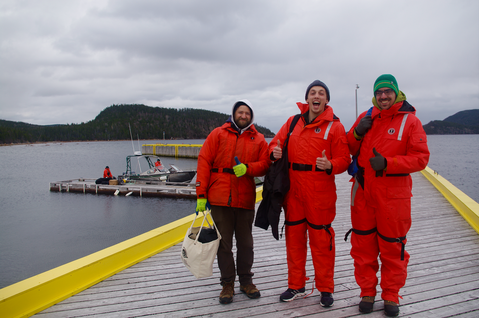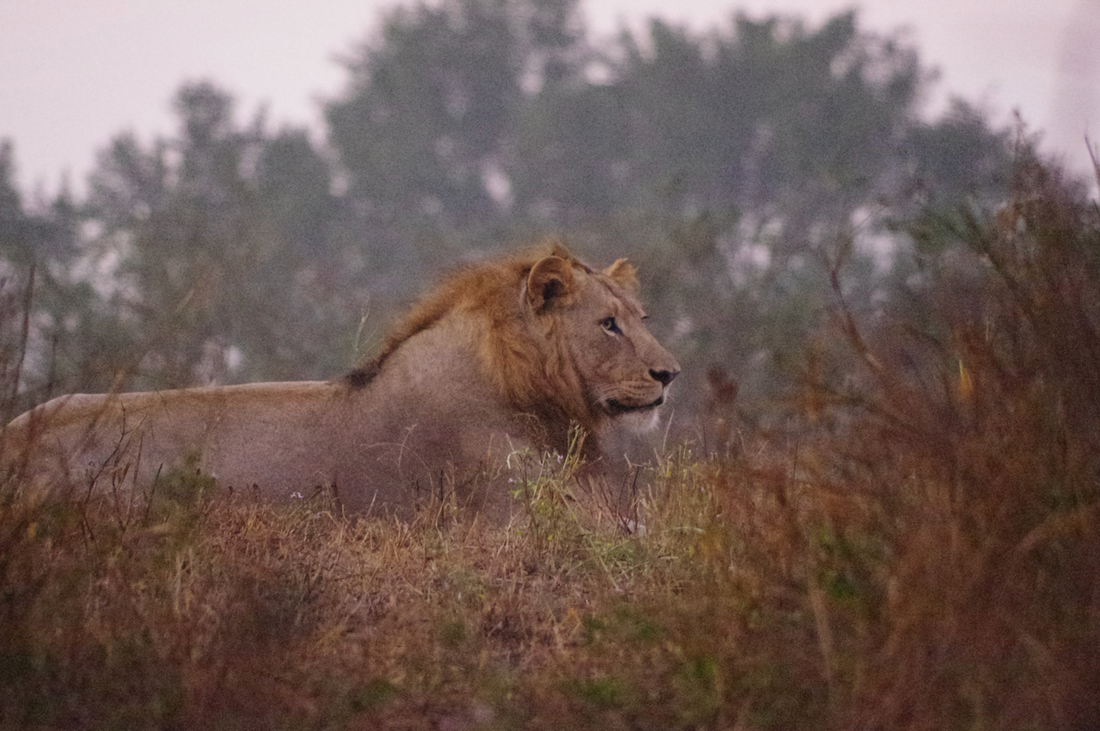Matteo Rizzuto
|
Contact |
|
Postdoctoral Associate, School of the Environment
Yale School of the Environment Pronouns: he/him/his EducationPh.D., 2021, Memorial University of Newfoundland and Labrador, Department of Biology
M.Res., 2014, Imperial College London at Silwood Park, Department of Life Sciences M.Sc., 2012, University of Turin, Department of Life Sciences and Systems Biology B.Sc., 2009, University of Turin, Department of Life Sciences and Systems Biology Research
My research focuses on how energy, matter, and information shape the relationships between organisms and their environment. My goal is to further our knowledge of how ecosystems work, ultimately improving how we predict and mitigate the impacts of human activities on our planet. To do this, I use a mixed approach combining empirical work in the field and laboratory with mathematical modeling.
During my Ph.D., I worked to disentangle the role herbivore consumers play in the cycling of nutrients in the boreal forests of the island of Newfoundland (Canada). Focusing on the iconic snowshoe hare, I combined techniques and ideas from wildlife biology, ecological stoichiometry, and landscape ecology. My work showed how the interplay between the content of key elemental nutrients in animals and their food—e.g., plants—can mould the ecology of both sides of this relationship, with profound influences for the ecosystem. Building on my doctoral research, as part of the Schmitz lab I am developing new mathematical models of ecosystem nutrient cycling—with a focus on Carbon. Historically, models of ecosystem carbon budget and cycling have excluded animals due to the relatively small portion of biomass they account for. However, despite their small contribution to ecosystem biomass, recent empirical studies in ecosystems as different as African savannas, Pacific volcanic islands, and North American forests have shown that animals can have disproportionate effects on ecosystem processes. Animals’ births, foraging, movements, social interactions, and eventual deaths all contribute to shaping their environment in a myriad way. Armed with awareness of the echoing effects of animals’ presence in ecosystems, I work to incorporate them into current mathematical models of ecosystem dynamics. Ultimately, I hope my work may prove instrumental to inform conservation and restoration strategies to help us navigate the Anthropocene. |
Email: [email protected]
Website: matteorizzuto.github.io Twitter: @MatteoRiz Office: Greeley Laboratory, Rm 119 Mailing Address: Yale University School of the Environment 370 Prospect Street New Haven, CT 06511 USA |
Publications
Little, C.J.,* Rizzuto, M.,* Luhring, T.M., Monk, J.D., Nowicki, R.J., Paseka, R.E., Stegen, J.C., Symons, C.C., Taub, F.B., Yan, J.D.L. (2022) Movement with Meaning: Integrating Information into Meta-Ecology. Oikos, 2022(8), e08892. DOI: https://doi.org/10.1111/oik.08892 (Editor's Choice)
Rizzuto, M., Leroux, S.J., Vander Wal, E., Richmond, I.C., Heckford, T.R., Balluffi-Fry, J., Wiersma, Y.F. (2021) Forage stoichiometry predicts the home range size of a small terrestrial herbivore. Oecologia, 197(2), 327–338. DOI: https://doi.org/10.1007/s00442-021-04965-0 (Winner, Hanski Prize 2021)
Rizzuto, M., Leroux, S.J., Vander Wal, E., Wiersma, Y.F., Heckford, T.R., Balluffi-Fry, J. (2019). Patterns and potential drivers of intraspecific variability in the body C, N, P composition of a terrestrial vertebrate, the snowshoe hare (Lepus americanus).Ecology and Evolution, 9, 14453–14464. DOI: https://doi.org/10.1002/ece3.5880
Rizzuto, M., Carbone, C. and Pawar, S. (2018). Foraging constraints reverse the scaling of activity time in carnivores. Nature Ecology and Evolution, 2(2), 247–253. DOI: https://doi.org/10.1038/s41559-017-0386-1 (Cover story)
*Indicates shared first-authorship
Rizzuto, M., Leroux, S.J., Vander Wal, E., Richmond, I.C., Heckford, T.R., Balluffi-Fry, J., Wiersma, Y.F. (2021) Forage stoichiometry predicts the home range size of a small terrestrial herbivore. Oecologia, 197(2), 327–338. DOI: https://doi.org/10.1007/s00442-021-04965-0 (Winner, Hanski Prize 2021)
Rizzuto, M., Leroux, S.J., Vander Wal, E., Wiersma, Y.F., Heckford, T.R., Balluffi-Fry, J. (2019). Patterns and potential drivers of intraspecific variability in the body C, N, P composition of a terrestrial vertebrate, the snowshoe hare (Lepus americanus).Ecology and Evolution, 9, 14453–14464. DOI: https://doi.org/10.1002/ece3.5880
Rizzuto, M., Carbone, C. and Pawar, S. (2018). Foraging constraints reverse the scaling of activity time in carnivores. Nature Ecology and Evolution, 2(2), 247–253. DOI: https://doi.org/10.1038/s41559-017-0386-1 (Cover story)
*Indicates shared first-authorship




